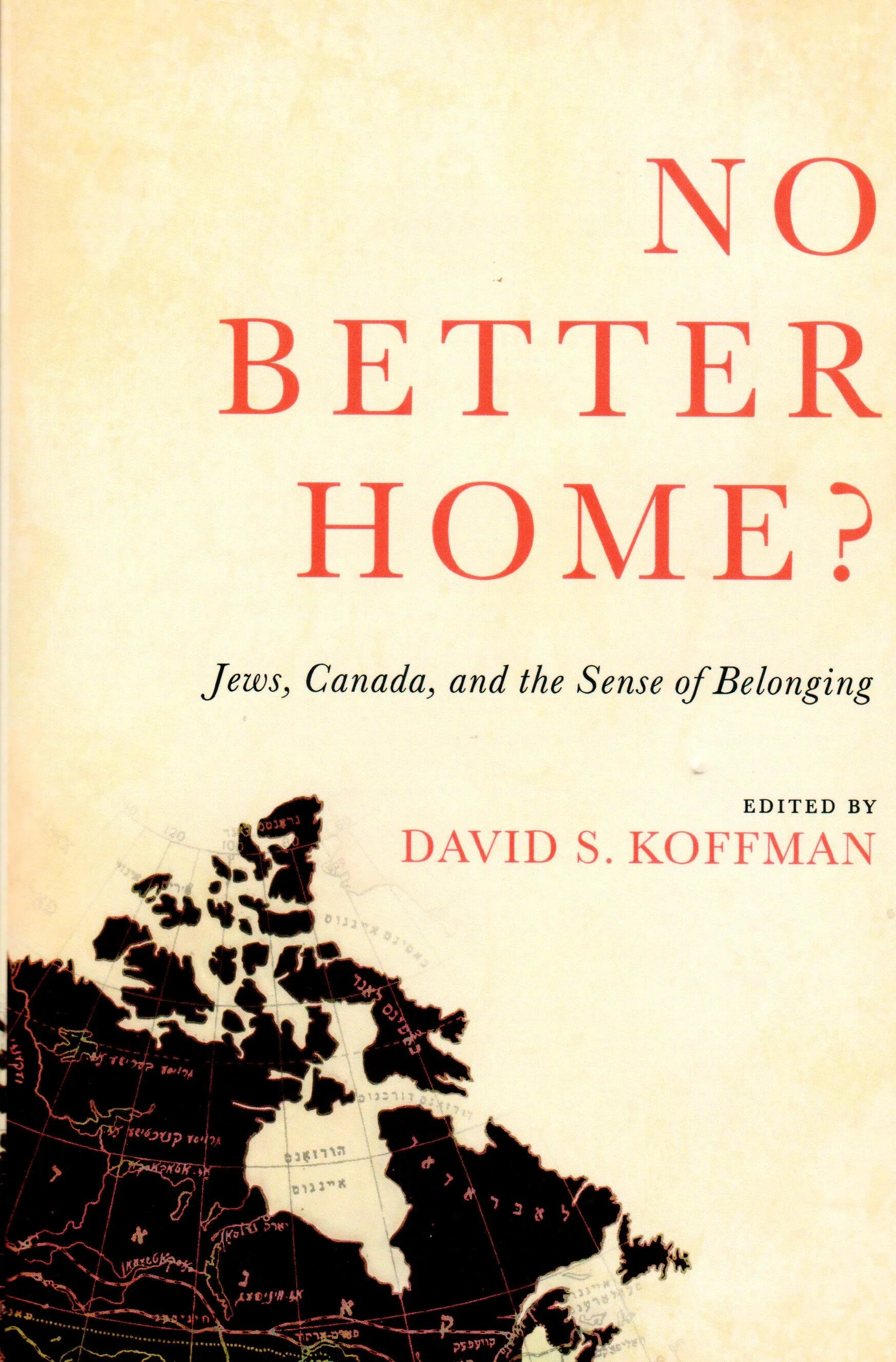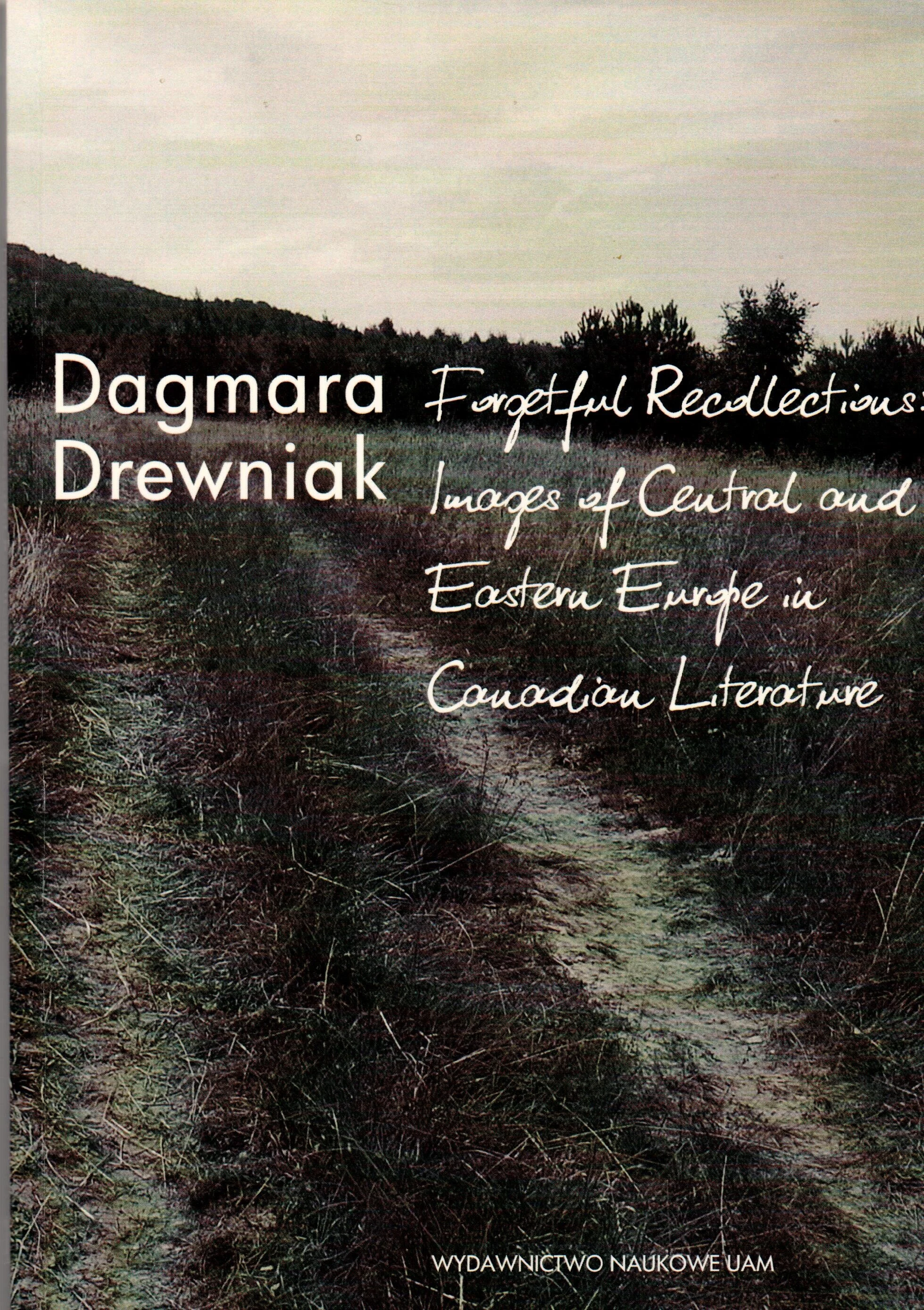Pictures from An Immigration Story
Warsaw, late 1920s
“Pure Russian, Jew, German”
Qu’Appelle Valley
Who Gets In: An Immigration Story is out now from University of Regina Press. It is a memoir focused on my maternal grandfather’s emigration from Poland in 1930, first to the Canadian west coast, then to the Saskatchewan farming towns of Dysart and Hirsch. These landed him in the Qu’Appelle Valley and then south, near the American border, at the outset of the Depression. His decision to leave his wife and children behind was based on Canadian immigration rules at the time, which officially barred almost all Jews but single men who were sponsored by a close relative in Canada. The trick, upon beginning his work in Saskatchewan as a ritual slaughterer and teacher-rabbi at Dysart, became: how to circumvent bureaucratic and governmental resistance to acquire the “permits” that would allow his family into the country. Part of his strategy was to never take no for an answer.
Through my travel in Poland and across Canada, and extensive research, including uncovering my grandfather’s immigration file in Jewish Canadian archives, as well as documents in the National Archives in Ottawa, the book offers an accessible, rich literary portrait of my grandfather’s times. It conveys the early thirties under R.B. Bennett’s Conservatives, which is not part of the familiar “None is Too Many” period of later years. As a shoichet, teacher and de facto rabbi in small farming communities, his modernizing and Polonizing youth retreated in favour of a new kind of Jewish identity and role on the Canadian prairie.
My grandfather’s unyielding efforts to recover his family led to a remarkable correspondence and bureaucratic struggle, which I am able to reconstruct by way of his Yiddish-language letters, as well as correspondence from key government, immigration department and Jewish community figures. These include R.B. Bennett and Lillian Freiman, an unusually efficient and well-connected community worker and philanthropist in early-1930s Ottawa.
My approach is to make nothing up. The story rides its own hard-to-believe rails. I present its narrative creatively, so readers relate to it on a personal level. Events and personalities from nearly a century ago remain fresh, telling and relevant to contemporary North American life.
Reviews
“Who Gets In is a warm-hearted, poignant page-turner and eye-opener whose lines extend from coast to coast.”
Michael Greenstein, The Miramichi Review
“The book details the Kafkaesque bureaucracy and xenophobic immigration policies that Yehuda Yoseph Eisenstein, Ravvin’s grandfather, fought tooth and nail in his early years in Canada.”
Jack McClelland, Montreal Review of Books
Hidden Canada: An Intimate Travelogue. Published by Red Deer Press under the thoughtful eye of Dennis Johnson. Personal essays of Calgary, Vancouver, Kahnawake, Southern Ontario, Newfoundland and southern Saskatchewan.
In No Better Home: Jews, Canada, and The Sense of Belonging (ed. David Koffman) is my essay “Pictures of New Canadians: An Immigration Story for Our Time.” This essay is part of a nearly finished non-fiction memoir titled Ten Pictures: An Immigration Story For Our Time. It takes as its starting point late-twenties central Poland; considers the emigrant’s decision to leave; and then the possibility of challenging the Canadian government’s immigration regulations under R. B. Bennett’s Conservatives. In it there is much to see on the Saskatchewan prairie, among the powerful in Ottawa, and in Montreal where the Jewish Immigration Aid Society scrambles to do its work.
George Walker’s woodcuts of Leonard Cohen’s life have appeared in a number of forms, including a limited edition handmade volume that was completed for Cohen’s 80th birthday. His recent trade version is the first to include words – the previous editions were “wordless” biographies, while Leonard Cohen: A Woodcut Biography includes Walker’s own appreciation of the woodcut images that convey Cohen’s work and life. My introduction, “Image, Words, Music,” sets up the book’s illustrations and Walker’s words.
Other Writers’ Work on Mine
Dagmara Drewniak’s Forgetful Recollections: Images of Central and Eastern Europe in Canadian Literature. (Wydawnictwo Naukowe UAM, Poznan, Poland). A fine Polish academic’s view of things Canadian and Jewish, including my first novel, Café des Westens.






